Arts and Humanities for the Sciences
20 April 2023. Claudia Carter, Birmingham City University.
From STEM to STEAM
On Thursday the 20th of April 2023 at 6.00 pm, Claudia Carter, of Birmingham City University will give a seminar entitled From STEM to STEAM (Science, Technology, Arts, Engineering, Mathematics) The seminar will address the time-honoured but never settled debate on the role of the Arts and Humanities in Science Education, The terms of this debate have changed at different points in the history of western culture without an adetuate solution, at least in modern times. Claudia Carter has contributed actively to this debate and will review current ideas, proposals and programmes that may address the gap between the 'two cultures'.. The poster of the seminar is available here.
_____________________________________
Abstract
This seminar presents research on defining STEAM principles and exploring approaches and methods for embedding STEAM in Higher Education. As part of this the differences between multi-, inter- and trans-disciplinarity will be explained and research findings from the European Erasmus+ funded STEAM INC project shared. The talk will help stimulate reflections on our professional identities and the potentially transformative ways of inter- and transdisciplinary thinking and working. While STEAM is seen as an amazing opportunity for collaborative research and practice, the talk will also outline the range of different motivations and values of those promoting STEAM endeavours.
Biographical Sketch
Claudia Carter is Professor in Environmental Governance and Planning at Birmingham City University and Course Leader of the Masters in Planning Built Environment programme. Her involvement in STEAM research and the STEAM INC project came through Design Thinking and her inter- and transdisciplinary research experience. Over the past 25 years, her research has largely been on environmental values, planning and management. Her current interest centres around social-ecological challenges and transformation, highlighting the negative societal and environmental impacts of consumerism and profit-oriented policies and painfully slow awareness of, and responses to, rapid climate and environmental change. Claudia enjoys working in inter- and transdisciplinary teams testing new approaches and methods, including exploring the creative process of board games as a way to facilitate engagement, learning and collaboration. Previously, she held research, project management and editorial positions at Forest Research (UK Forestry Commission), the Macaulay Land Use Institute in Scotland, Cambridge University and the UK Centre for Environmental and Economic Development.
Image
The city of Arts and Sciences in Valencia (Spain). A tangible sight of the efforts of architecture and society to unite the values of the Arts and Science cultures.
The Age of Science, Technology, Engineering and Mathematics
18 April 2023. Maja Bacovic, University of Montenegro.
The Age of STEM
On Tuesday the 18th of April 2023 at 6.00 pm, Maya Bacovic, of the University of Montenegro will give a seminar entitled The Age of STEM (Science, Technology, Engineering, Mathematics) The seminar will address the key issues of the current debate on the broad impact of STEM disciplines and whether post-industrial societies such as those of wetern Europe, North America, Japan, etc currently produce a sufficient number of graduates in STEM disciplines to sustain the demands and challenges of a gloablised enconomy. M Bacovic ha conducted thorough research on the status of STEM studies across Europe and will anayse and discuss these data in a global context. The poster of the seminar is available here.
_____________________________________
Abstract
STEM skills ensure a more innovative and prosperous economy. Empirical evidence from the US economy shows that the STEM workers drive productivity gains, as aggregate productivity in R&D and STEM industry increased far faster than the rest of the economy. Also, that STEM workers earn an average of $14,000 more per year than non-STEM workers at nearly every education level. STEM skills spur innovation through R&D. The rationale for investment in STEM education relates mainly to its association with improved economic outcomes. Ray (2015) shows that the share of STEM graduates has a statistically significant positive effect on the level and growth of real GDP per capita while an increase in the share of STEM graduates increases the number of approved utility patents per one million people. OECD (2020) reports that the earnings advantage for tertiary-educated adults varies by their field of study. The two broad fields of study most commonly associated with the highest earnings are engineering, manufacturing and construction, and information and communication technologies (ICT). While tertiary-educated adults earned 56% more for part-time and full-time work in 2017 than adults with upper secondary education, regardless of their field of study, on average in the 12 OECD countries with available data, the earnings advantage for the best-paid fields is about 80%. Amil, Giannoplidis, and Lipp-Lingua (2007) also found that from 1990 to 2006 there was a much stronger employment growth for knowledge-intensive services within EU-27 than for less-knowledge-intensive services; moreover, knowledge-intensive services had a much higher rate of turnover growth, respectively. Growth in STEM programs graduates is positively associated with investment in research and development. The share of STEM programs graduates in the total tertiary graduates slightly declined in Europe for the past two decades, although the expenditures for education and the share of tertiary education graduates in the total population increased, respectively. Still, nine European countries are among the top twenty in the world in terms of share of STEM graduates in total tertiary graduates (Germany, Greece, Russia, Estonia, Portugal, Sweden, Finland, Croatia, and Serbia). The quality of education, measured with the sample mean PISA scores, was almost equal to its 2000 value, lacking improvements. PISA scores in SCIENCES, declined in Europe (average for 27 European countries – common sample) from 480.5 (2000) to 476.9 (2018), also in Hong Kong (from 540 to 516), but increased in the USA (from 499 to 502). As the quantity of education outcomes increased while the quality didn’t, it seems that growing expenditures in education influenced only the first. From the long-term growth perspective, this is an issue that should attract substantial attention. The share of STEM graduates is positively associated with GDP, GDP per person, employment, labour productivity, and expenditures for R&D. As a growing share of STEM programs graduates has a positive impact on economic growth, its expansion is indispensable to foster economic progress.
Biographical Sketch
Maja Baćović is a full professor at the Faculty of Economics, University of Montenegro - field: Economic theory and analysis (macroeconomics). She was vice-rector of the University of Montenegro (2015–2017) and a member of the Senate of the University of Montenegro (2013–2017). She is the author of four books, co-author of three monographs published in the English language, and more than sixty scientific papers published in international journals that are indexed in WOS and other databases, national journals, and other publications. (https://orcid.org/0000-0002-8865-3924). She is the winner of the award of the University of Montenegro for contribution to the quality of scientific research and professional work at the Faculty of Economics for 2021. She was a member of the Centre for Young Scientists at the Montenegrin Academy of Sciences and Arts in the period 2010–2016 and a member of the MASA economic research committee since 2010. In addition to scientific and research work, she was the president of the Council of the Statistical System of Montenegro (2006–2011), president of the Board of Directors of the Montenegro Stock Exchange (2006–2008), member of the Board of Directors of "Shipyard Bijela" (2014–2015); member of the Board of Directors of the Clinical Centre of Montenegro (2017-2021) and the Competitiveness Council of the Government of Montenegro (2017-2021). She was a researcher and analyst at the Institute for Strategic Studies and Prognoses in the period 1999-2007. A detailed biography is available at https://www.ucg.ac.me/objava/blog/16989/objava/1#lat.
Image
A striking example of human engineering: Ruyi Bridge, a pedestrian, elevated footbridge in Taizhou crossing the Shenxianju Valley.
The Future of Higher Education
The second seminar of the College Series on Access to Education will take place on Thursday the 13th of April 2023 at 6.00 pm and will be given by Giorgio Marinoni, from the International Association of Universites. The seminar entitled Global Challenges and Directions in Higher Education will review recent trends in Higher Education worldwide and will offer a critical assessment of the challenges and directions that lie ahead in both developed and developing countries.
The poster of the seminar is available here. The abstract of the seminar and a short biographical sketch of the speaker are avalable at this page.
Image
A picture of the site of ancient Univeristy of Nalanda (India) considered the oldest University in the world.
Global Challenges and Directions in Higher Education
13 April 2023. Giorgio Marinoni, International Association of Universities.
Global Challenges and Directions in Higher Education
On Thursday the 13th of April 2023 at 6.00 pm, Giorgio Marinoni, from the International Association of Universities will give a seminar entitled Global Challenges and Directions in Higher Education The seminar will provide a thorough overview of the developments and changes that have occurred in Higher Education since the Second Wordl War and will anayse current trends and directions in Higher Education throughout the world. The poster of the seminar is available here.
_____________________________________
Abstract
For more than 50 years higher education is expanding all around the world. More and more people can benefit from higher education. However, many challenges persist, access and success in higher education is unequally distributed among countries and individuals, and the higher education sector must continuously adapt and transform to respond to societal needs. This lecture briefly presents the major trends in higher education and research around the world, discusses the current challenges and possible future developments.
Biographical Sketch
Giorgio Marinoni has been Manager of Higher Education and Internationalization at the International Association of Universities (IAU), since February 2015. He oversees Internationalization as one of the four strategic priorities of the Association. Among his responsibilities at IAU are research projects, advisory services and external representation of the Association for what concerns internationalization Before his current position at IAU, Giorgio Marinoni worked for UNICA, the Network of Universities from the Capitals of Europe, in the field of internationalization and higher education policy and reform at the European level and beyond. He has been an active member of the Erasmus Student Network (ESN) at local, national and international level, and served the ESN as its President in 2007 – 2008.
Image: A building of the University of Bologna, regarded by many as the oldest University in the Western world.
The Global Status of Education
On Tuesday the 4th of April at 6.00 Silvia Montoya, Director of the UNESCO Insttute for Statistics in Montreal will give an online seminar entitled The Global tatus of Education. The seminar will be broadcasted in the College lecture theatre and it is the first opntribution to the College series on Access to Education - 2023. S Montoya will analyse and review the challenges and progress of education worldwide toward the targets set by the United Nations for year 2030.
The poster of the seminar is available here. The abstract of the seminar and a short biographical sketch of the speaker are avalable at this page.
Image
School boys in Nigeria.
Access to Education - 2023
Collegio A Volta has promoted a major seminar series on Access to Education - 2023 that will review analysis and progress of education worldwide toward the year 2030 targetsse set by the United Nations in 2015. The series consists of two parts: the first addresses general and/or global questions, challenges and developments; the second will focus on education in Italy. The College is grateful to the United Nations Institutes, the other International Organisations and the Universities that will contribute to this major series with their staff and their research.
The series is a celebration of the life and work of Don Lorenzo Milani, the Italian Catholic priest who argued for and took upon himself the challenges and the tasks of education for the underprivileged. Don Lorenzo Milani was born in Florence on the 27th of May 1923 and died in Florence on the 26th of June 1967 and Collegio A Volta has puposedly aligned the Access to Education - 2023 seris with the birth centenary of Don Lorenzo Milani. The poster of the first part of series on Education. Global Challenges is available here. The poster of the second part of the series on Education. Focus on Italy will be published shortly. A brief tribute to the life and work of Don Lorenzo Milani is available at this page.
Image
Don Lorenzo Milani and several of his pupils at the school that he set up in Barbiana (Florence, circa 1965).
The Global Status of Education
4 April 2023. Silvia Montoya, UNESCO Institute for Statistics, Montreal.
The Global Status of Education
On Tuesday the 4th of April 2023 at 6.00 pm, Silvia Montoya, Director of the UNESCO Institute for Statistics will give a seminar entitled The Global Status of Education The seminar will provide an overall picture of world education and progress toward the targets sets by the United Nations for year 2030. The poster of the seminar is available here.
_____________________________________
Abstract
In 2015 the global community adopted a set of Sustainable Development Goals (SDGs) to be attained by 2030. The same year UNESCO Member States gave the UIS the mandate to lead on monitoring progress to the Sustainable Development Goal on Education - SDG 4. In 7 years that have passed since then, the global progress have been not as rapid as expected, and there are many reasons for it - most obviously, the global COVID-19 pandemic that impacted education all over the word. But even outside of a global shock such as the pandemic, it is clear that countries need to accelerate progress in the run-up to 2030. During her presentation, the Director of the UNESCO Institute for Statistics, Dr. Silvia Montoya will touch upon the key issues at heart of SDG 4 such as access, learning, equity, and the factors that impact progress of the countries towards the set targets.
Biographical Sketch
Silvia Montoya is the Director of the UNESCO Institute for Statistics (UIS), which is the official UN repository for statistics in the fields of education, science and technology, culture, and communication. Dr. Montoya has extensive experience in a wide range of national and international initiatives to improve the quality, management, and use of education statistics, with a specific focus on learning assessment. With the adoption of the Sustainable Development Goals (SDGs), she represents UNESCO as the co-leader of SDG4, working closely with the international education community to measure progress toward education targets. Among the accomplishments made possible under her leadership is a global consensus on the core indicators and methodologies to monitor SDG4 with a particular emphasis on measuring learning; regional and national commitments to SDG4 through benchmarking; improved access to relevant and high-quality data for decision-making through the Global Education Observatory (GEO), to name a few. Since September 2022, Dr. Montoya has been serving as the Co-Chair of the Committee of Chief Statisticians of the UN systems (CCS-UN) and as a member of the bureau of the Committee for Coordination of UN Statistical Activities (CCSA). Prior to her appointment as the UIS Director in 2015, Ms. Montoya worked at the Ministry of Education of Argentina, where she occupied the position of the Director-General of Assessment and Evaluation of Education Quality and the first Executive Director of the Unidad de Evaluación Integral created to lead the Educational Quality Agenda by former Argentinian President Mauricio Macri. Among her many responsibilities, she oversaw the creation of the first comprehensive education quality index produced in Argentina, coordinated Argentina’s participation in several international assessment programmes, as well as introduced a series of institutional changes and capacity-building initiatives of National and Provincial statistical unit to strengthen independence and objectivity in the production of education statistics and the measurement of learning outcomes. She holds a Master’s and PhD in Policy Analysis from the Pardee RAND Graduate School, and a Master’s degree in Public Administration from Kennedy School of Government at Harvard University. Dr. Montoya has taught at the Catholic University of Argentina, and authored many publications on education, vocational training, and labour market issues. She has extensive experience as a researcher and consultant for major national and global organizations.
Image: School girls in Pakistan. Courtesy of Global Giving
A Buzzati-Traverso Lecture 2022/23
The 2022/23 A Buzzati-Traverso lecture - entitled Engineering a Bacterium for Therapy - will be given by Luis Serrano Pubul of the Centre for Genomic Regulation in Barcelona at 5.00 pm on the 11th of April 2023 in the College lecture theatre. This annual lecture is organised annually by the College and Fondazione A Buzzati-Traverso to celebrate the life and work of Adriano Buzzati-Traverso, distinguished professor of Genetics at the University of Pavia from 1948 and the founder of International Laboatory of Genetics and Biophysics in Naples in 1962.
The poster of the lecture is available here and further information about the lecture is available at this page.
Image
Mycoplasma pneumoniae. Courtesy of Stephen Gschmeissner.
Engineering a bacterium for therapy (A Buzzati Traverso lecture 2022/23)
11 April 2023.
Luis Serrano Pubul, Centre for Genomic Regulation, Barcelona.
At 5.00 pm on the 11th of April 2023 Luis Serrano Pubul will give the 2022/23 Adriano Buzzati Traverso lecture entitled Engineering a bacerium for therapy in the College lecture theatre. The poster of the lecture is available at this link.
Abstract
Engineering bacteria for treating human diseases presents new opportunities in therapeutics. Although lung diseases are among the top causes for mortality worldwide, there is no treatment for them based on a live biotherapeutic. We have engineered a genome-reduced human lung bacterium, Mycoplasma pneumoniae (MPN), as a novel treatment for lung diseases encompassing infections, fibrosis and cancer. We found that expression of biologicals by engineered MPN has a limited physiological impact in mice due to its low expression capacity. To solve these issues, we use our protein design software FoldX and ModelX to increase the effective expression in MPN, and the activity in mouse lungs. This rational design strategy of combining synthetic biology with protein design is quite powerful to foster bacterial therapy.
Biography
Luis Serrano did his PhD at the CBM (Madrid, Spain) on Cell Biology. Then he spent 4 years in the laboratory of Prof. A.R. Fehrst (MRC, UK) working in protein folding. In 1993, he became Group Leader at the EMBL (Heidelberg, Germany) working in Protein Folding and design. Ten years later, he was appointed head of the Structural & Computational Biology programme at the EMBL and he started to work on Systems Biology. By the end of 2006 he moved back to Spain to lead a programme working on Systems Biology, where he was appointed vice-director before finally becoming the CRG director on July 2011. He is a member of the Spanish Society for Biochemistry and Molecular Biology (SEBBM), member of the European Molecular Biology Organization (EMBO), and member of the Royal Spanish Academy of Sciences (Spain). In 2003 he received the Marie Curie Excellence Award, in 2009 he was awarded the City of Barcelona prize (science category), an annual award organized by Barcelona City Council and in 2018 the Francisco Cobos award (http://fundacionfranciscocobos.org/). In recent years he has won sixe prestigious grants from the European Research Council, three ERC Advanced Grants and three ERC Proof of Concept grants. He is Professor of ICREA. He has published more than 350 papers in international journals. He was involved in the creation of one of the first Spanish Biotech Companies (Diverdrugs) in 1999. He is also co-founder of Cellzome, EnVivo, TRISKEL, Pulmobiotics and Orikine biotech companies. He has been Director and Founder of the association of European Institutes of Excellence EU-LIFE (https://eu-life.eu/) and he was until 2020 the chair of the association of Spanish institutes of excellence, Severo Ochoa and Maria de Maeztu (SOMMa; https://www.somma.es/)
Image
An electron micrograph of M pneumoniae. Courtesy of María Lluch (Centre for Genoic Regulation, Barcelona)
The Evolution of Innate Immunity (M Fraccaro lecture 2022/23)
05 April 2023.
Jules Hoffmann, University of Strasbourg.
At 5.00 pm on the 5th of April 2023 Jules Hoffmann will give the 2022/23 Marco Fraccaro lecture entitled The Evolution of Innate Immunity in Aula U Foscolo (trada Nuova 65). The poster os the lecture is available at this link.
Jules Hoffmann and his colleagues discovered in 1996 the role of theToll receptor in immunity. Toll had been discovered a several years earlier by Christiane Nüsslein-Volhard as a gene involved in determing the antero-posterior polarity of the early embryo of D melanogaster. The discovery of the role in immunity of the Toll pathway by Juls Hoffmann and the subsequent work by Charles Janeway at Yale have revolutioned the field of immunity and for his Jules Hoffmann was awarded a share of the 2011 Nobel Prize in Physiology or Medicine.
Biography
Jules Hoffmann was born in Luxembourg in1941. He studied Biology at the University in Strasbourg, the University from which he also earned his doctoral degree in 1969. After a period of study and research in Marburg, Germany, J Hoffmann returned to Strasbourg where he worked throughout his whole scientific career serving as a director of a research laboratory of the Centre national de la recherche scientifique (CNRS). He has also served for a number of years as a professor at the University in Strasbourg.
Marco Fraccaro
Marco Fraccaro (26 September 1926 - 2 April 2008) was a distinguished geneticist and Professor of Human Genetics at the University of Pavia for over thirty years. Born in Pavia, he attended the local Liceo Classico Ugo Foscolo with and the Medical School of the University of Pavia where he graduated in 1950. After a few years at the local Institute of Pathological Anatomy he moved to Lionel Penrose in the Galton Laboratory at UCL in 1954 with a fellowship from the British Council and, a year later, to Jan Book’s laboratory in Uppsala where he stayed until 1958 during which time he met his future wife Inga. In 1960, he moved to the newly formed MRC Population Genetics Research Unit in Oxford under Alan Stevenson where he continued his work on cytogenetics that he had initiated in Uppsala. He returned to Pavia in 1962 where he started a highly successful and productive laboratory with funding from NATO and EURATOM and where he took up the Chair of Human Genetics, which he held until 2001.
Throughout his research Marco Fraccaro focussed primarily on sex chromosome abnormalities, especially the genetic abnormalities responsible for abnormal physical and sexual development, but he contributed to several other areas of Genetics such as the distribution in the population of specific types of congenital malformations and the effect of radiation on chromosomes of cells. Marco Fraccaro was deeply attached to Pavia and Oxford and there was hardly a conversation in which he failed to mention the life and history of these two cities. His love for Oxford was also expressed in a small book of quotations (Oxford for strangers of all sorts) which he published in 1997. From 1971 until 2002 he was Master of Collegio Cairoli, one of the University Colleges at Pavia. He run the College informally and effectively and made Cairoli a place of learning and debate for students and staff. He also made it into a meeting point for modern visual arts by organising a successful series of exhibitions of modern artists that will enrich the College for years to come. Marco Fraccaro has been one of the defining personalities of the University of Pavia in the second half of the 20th century and the lecture aims to recognise his interests in Science and the Arts and his intellectual legacy.
Image
A mutant fruit fly killed by fungus due to the absence of a functional Toll gene and anti-fungal immunity.
More...
M Fraccaro Lecture 2022/23
The 2022/23 Marco Fraccaro - entitled The Evolution of Innate Immunity - will be given by Jules Hoffmann of the University of Strasbourg at 5.00 pm on the 5th of April 2023 in Aula U Foscolo,in the main University building in Strada Nuova 65. This annual lecture is organised annually by Collegi A Volta and Flli Cairoli to celebrate the life and work of Marco Fraccaro, distinguished professor of Human Genetics at the University of Pavia between 1964 and 2003 and Master of Collegio Flli Cairoli from 1970 and 2003,
Jules Hoffmann has made groundbreaking conribution to the study of immunity by unveiling the role of the Toll receptor pathway in immunity and for his work he receivd a share of the Nobel Prize for Physiology or Medicine in 2011. The poster of the lecture is available here and further information about the lecture is available at this page.
Mitochondria as a Central Hub
9 March 2023. Marco Sandri, Department of Biomedical Sciences, University of Padua, Italy
Mitochondrial as a Central Cellular Hub
On Tuesday the 9th of March 2023 at 4.00 pm, Marco Sandri of the Department of Biomedical Sciences of the University of Padua has given a seminar entitled Mitochondria, a Central Cellular Hub. The poster of the seminar is available here.
_____________________________________
Biographical Sketch
Marco Sandri is the head of the Department of Biomedical Sciences at the University of Padova, one of the Italian departments of eccellence 2023-2027 with a project “Mitochondria, muscle and health: from molecules to humas”. He is a Highly Cited Researcher (Clarivate Analytics) and a group leader at the Venetian Institute of Molecular Medicine, Padova. He is particularly interested in understanding the signaling pathways that control muscle mass with a focus on the role of the ubiquitin-proteasome and autophagy-lysosome systems. He was the first to show a transcriptional-dependent regulation of autophagy and protein breakdown. His research has provided insights into mechanisms of regulation of these proteolytic systems and to metabolic adaptations to physical activity. He is a leading scientist in the field of mitochondrial dynamics and autophagy and their relationship with ageing and physical activity/inactivity.
Image: A false colour image of isolated mitochondria under the electron microscope. Courtesy of Science Photo Library/Getty Images
The Cell Powerhouse
On Thursday the 9th of March Marco Sandri of the Department of Biomedical Science of the University of Padua has given a College seminar entitled The Mitochondria, a Cellular Central Hub. The seminar provided a comprehensive account of the role of mitochondria in cell physiology and discussed how changes in mitochondrial function play a critical role in ageing and a number of disease conditions. The poster of the seminar is available here. Further information details of the seminar and a biographical sketch of the speaker are available at this page.
College Mid Year Assembly
On Tuesday the 7th of March the College held its mid year Assembly. This Assembly, the first one after the Covid pandemic, was under-attendend (only 40-50 students were in attendance) but offers the opportunity to review the work of College members at the end of semester 1 and the work that remains to be done in order to ensure that most - if not all - students of Volta reach the credits and marks required by EDiSU, University and Ministry. One of the outcomes of the Assembly is a new round of interviews, to be held before the Easter holiday - with approximately 30 students who have underperformed in semester 1 in order to discuss with them the necessary remedial actions.
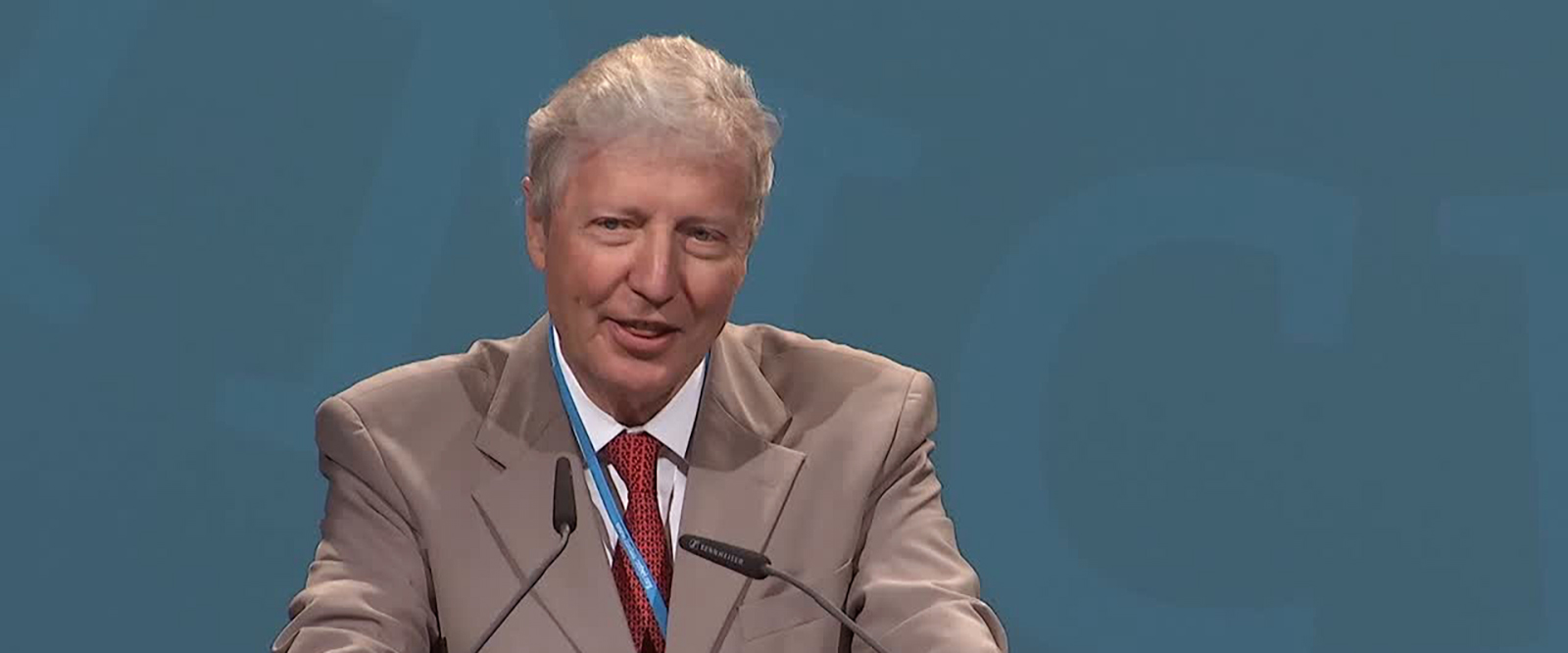
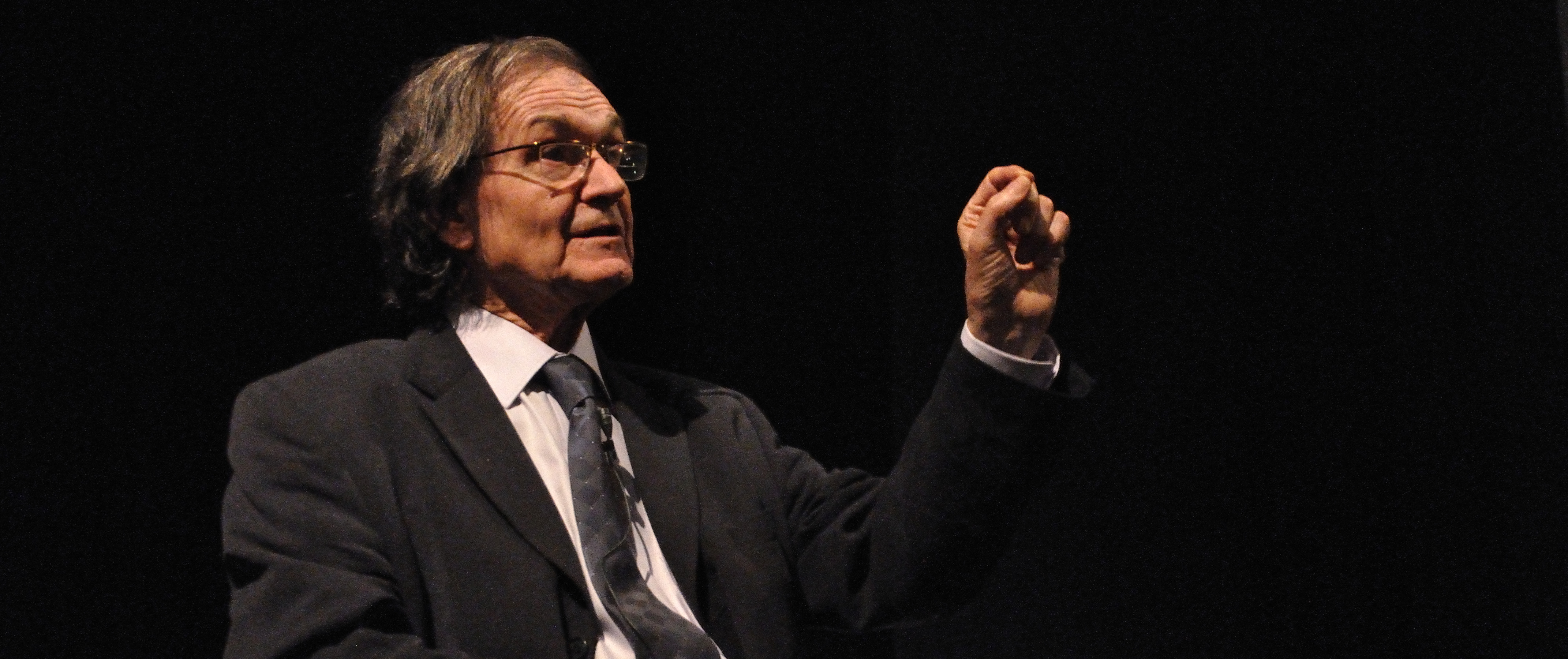
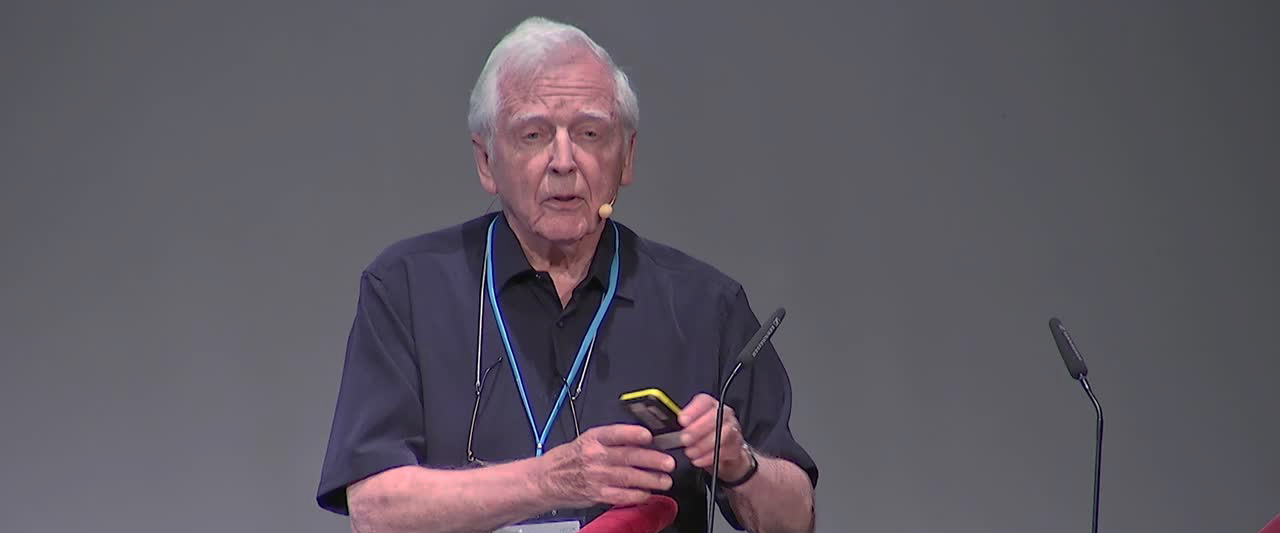
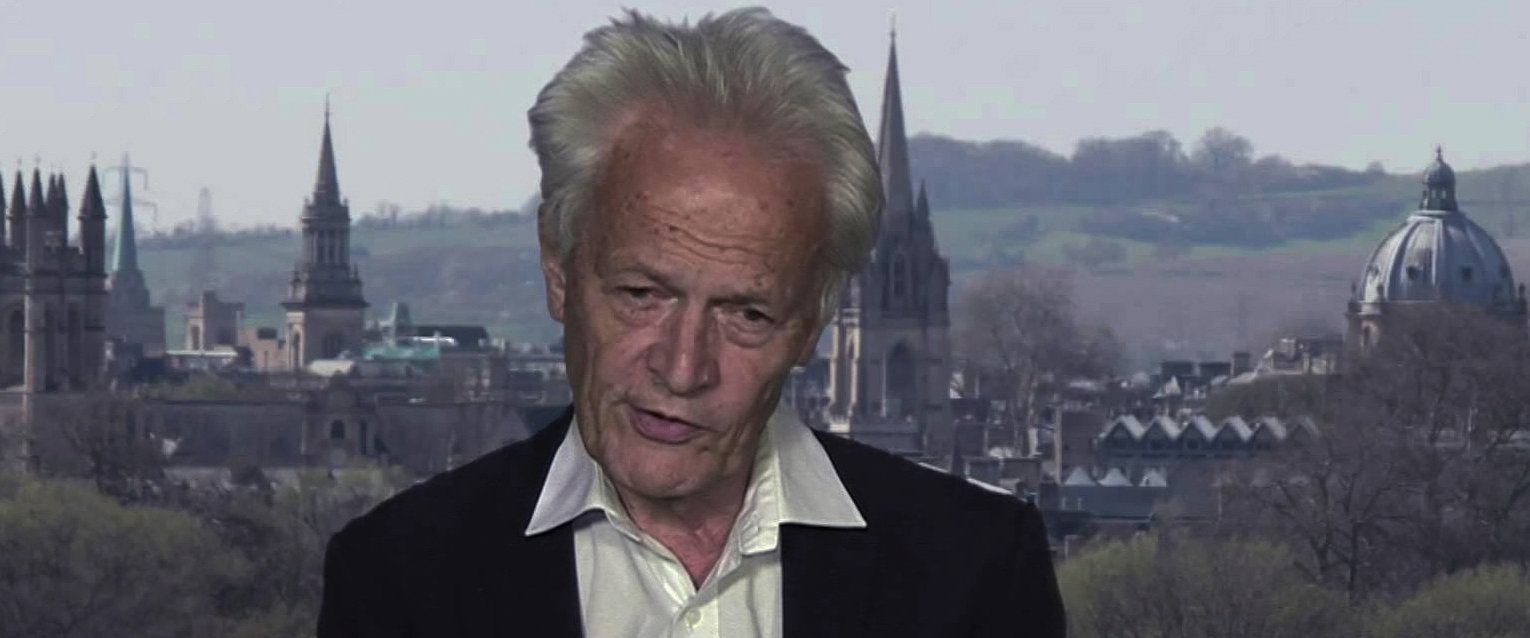

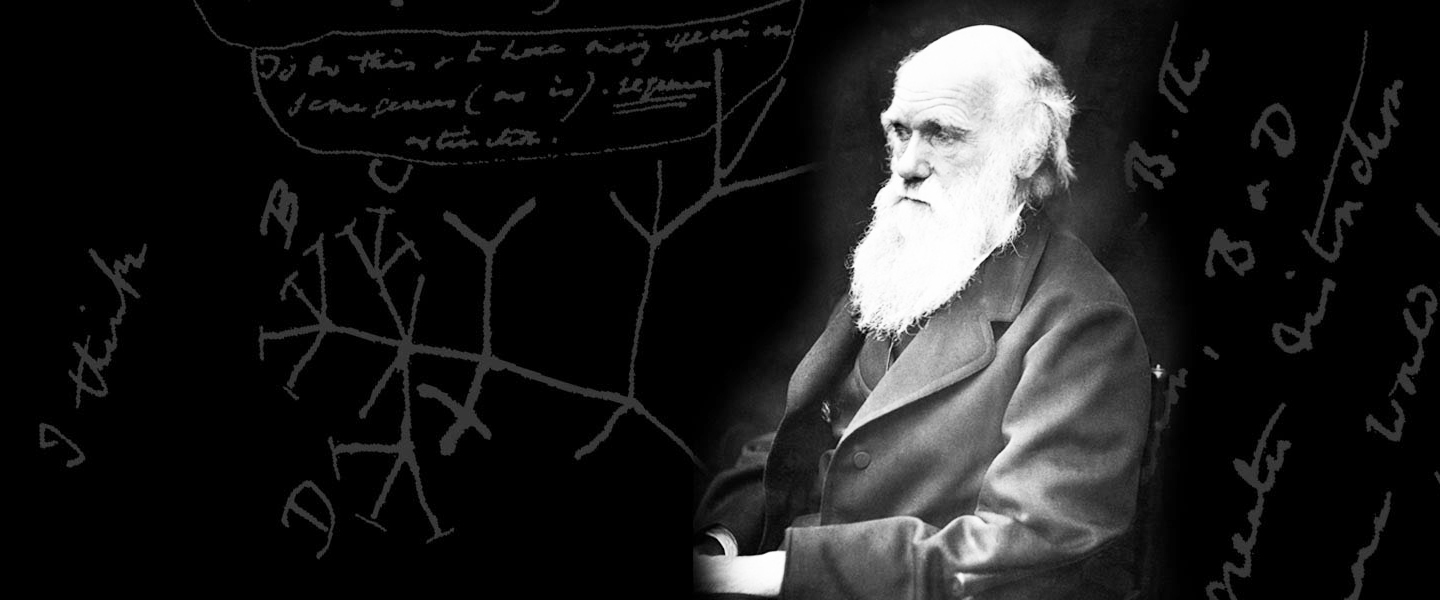



















 Articles
Articles